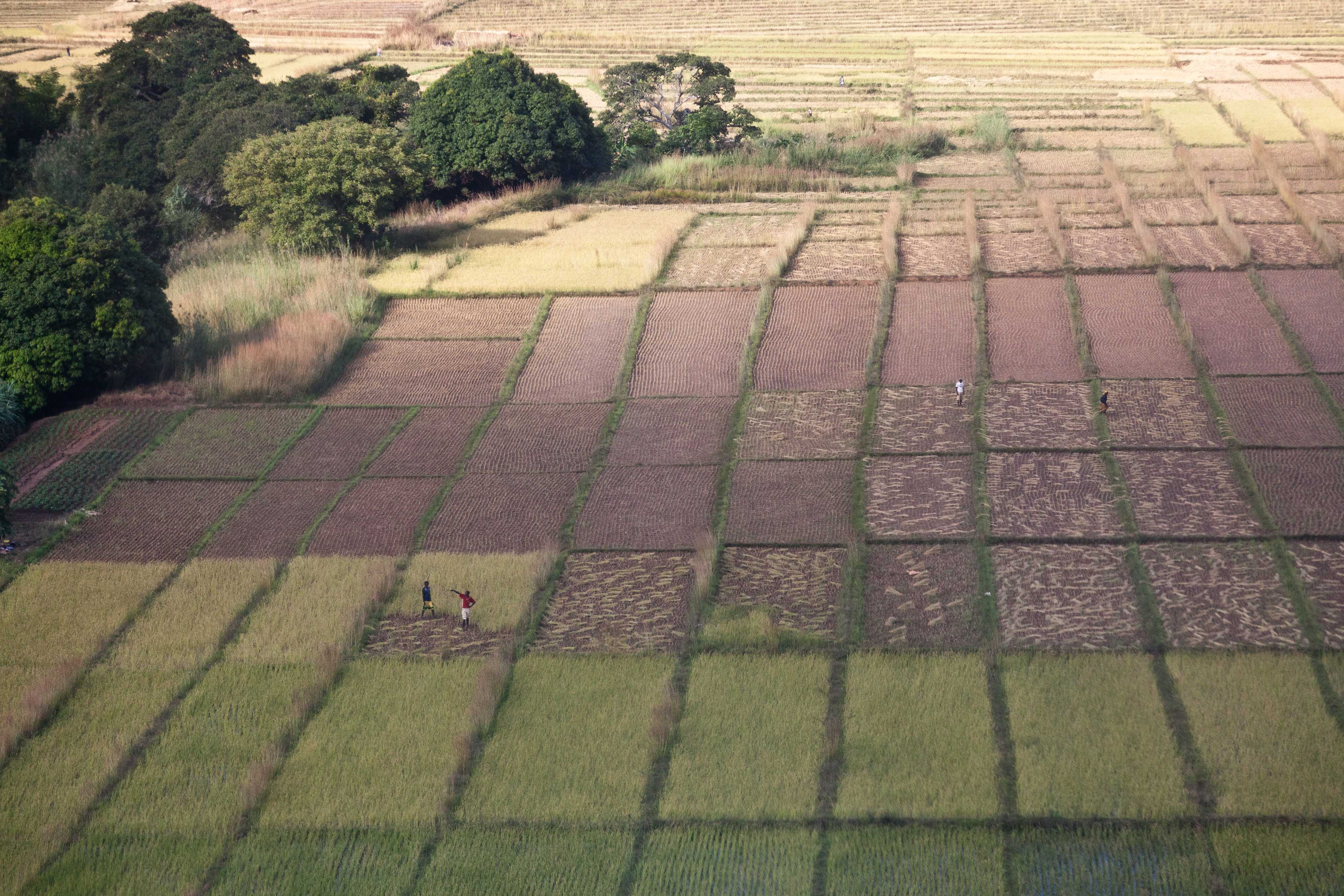Philippines
Partners: the Department of Agrarian Reform (DAR), the National Confederation of Small Farmers and Fishers Organizations (Pakisama), the National Organic Agriculture Board (NOAB) and local member organizations
In the Philippines, the National Confederation of Small Farmers and Fishers Organizations (Pakisama) plans to work with WAW to support organic farmers in the Leyte and Samar provinces. The initiative will help to track the regions’ transition from monocrops to more sustainable farming systems.
WAW pilot project in Region 8
In the Leyte and Eastern Samar provinces of Region 8 of the Philippines, the Department of Agrarian Reform (DAR) is supporting 10 000 farmers (in 100 groups) engaged in organic agriculture. The farmers are now able to grow globally competitive products and be innovative in terms of value added, and have established a training centre.
The WAW pilot project can gauge farm improvement and the kind of support needed from government and the private sector going forward. The WAW system can also help to track farm transformation from monocrops to more integrated diversified organic farming systems (IDOFS) and to target needed investments and support services, including to resolve the agrarian issues of small coconut farmers affected by Typhoon Yolanda. The information WAW gathers can also be used in reports to the National Organic Agriculture Board (NOAB) as evidence of how DAR is promoting organic agriculture.
Pakisama's farm-registry system
For three years now, Pakisama has been providing technical support for climate-resilient IDOFS, farm planning and development to farmer organizations in Region 8 of the Philippines. As a result, family farmers are gradually producing quality organic products, including their own seeds and fertilizers, reducing their dependency on external input providers.
The region’s IDOFS strategy also ensures household food security. Farmers know that their families will have something to eat and not go hungry in times of disaster and calamity. By using the IDOFS system on their individual farms, a wide array of multi-cropping and climate-resilient strategies have been implemented.

Mindful farming to reduce vulnerability
Mindful farm planning takes into account the time required to harvest crops and their potential growth rates, helping with the strategic placement of these crops. It also takes into account environmental factors, such as soil types, sloping planes, availability of irrigation, and latent flood areas, helping to identify which crops are more appropriate to specific areas of specific farms.
With the increased incidence of typhoons, floods and drought in the region, family farmers have learned, analysed and scaled up the most resilient plants and practices to reduce their vulnerability. Pakisama’s farm-registry system is being improved to better integrate IDOFS indicators and can draw on the WAW system for indicators used elsewhere to capture climate-change adaptation techniques.


